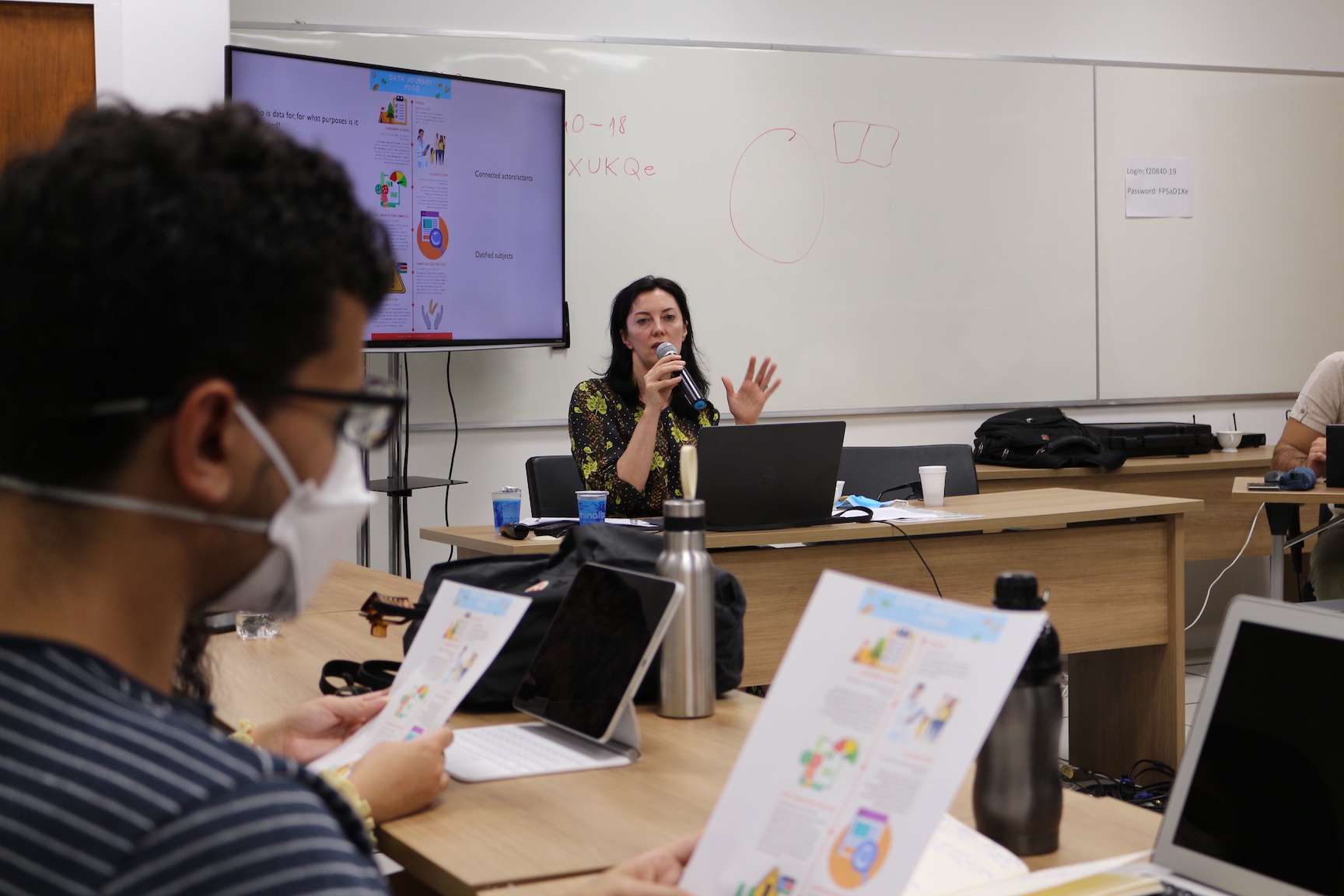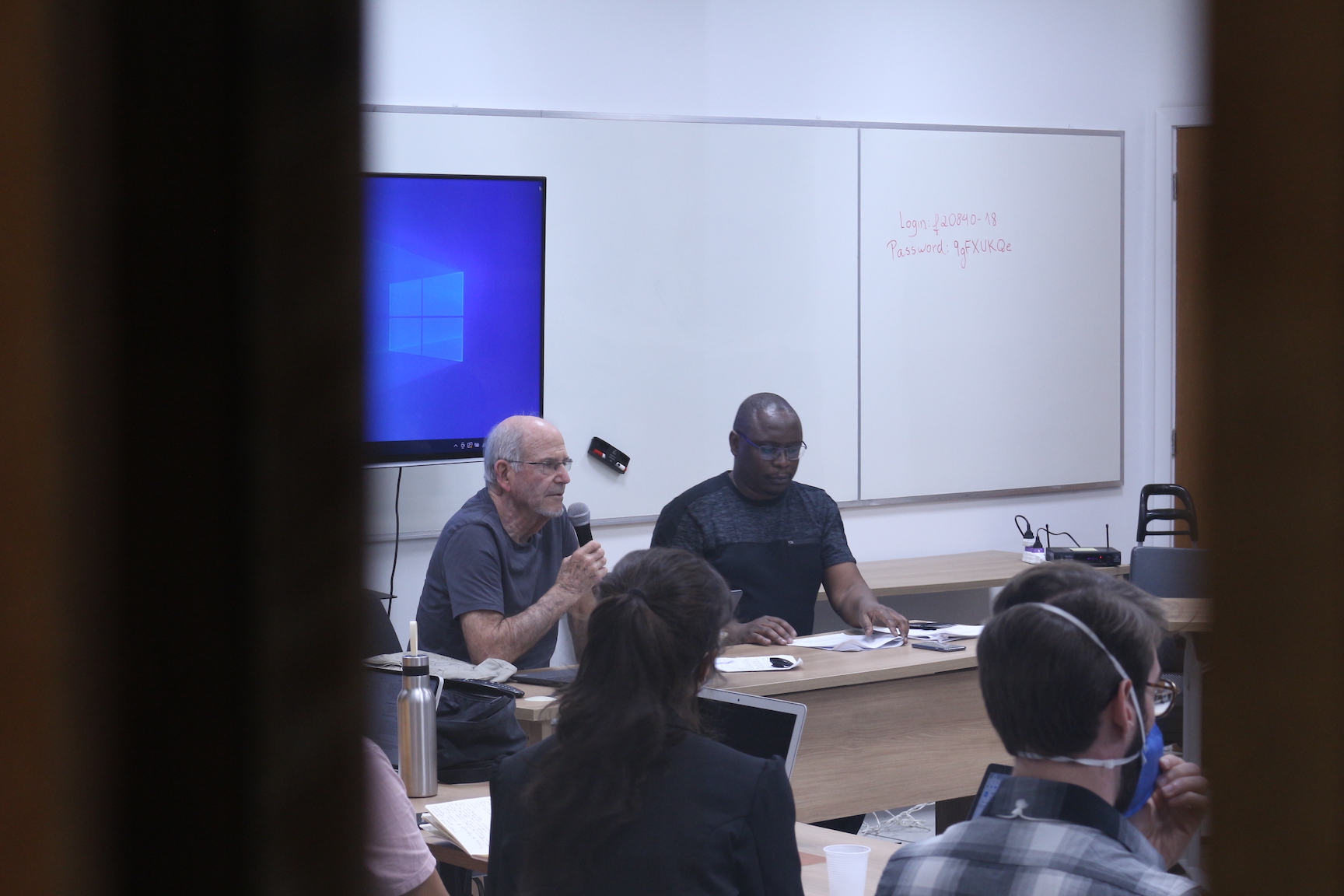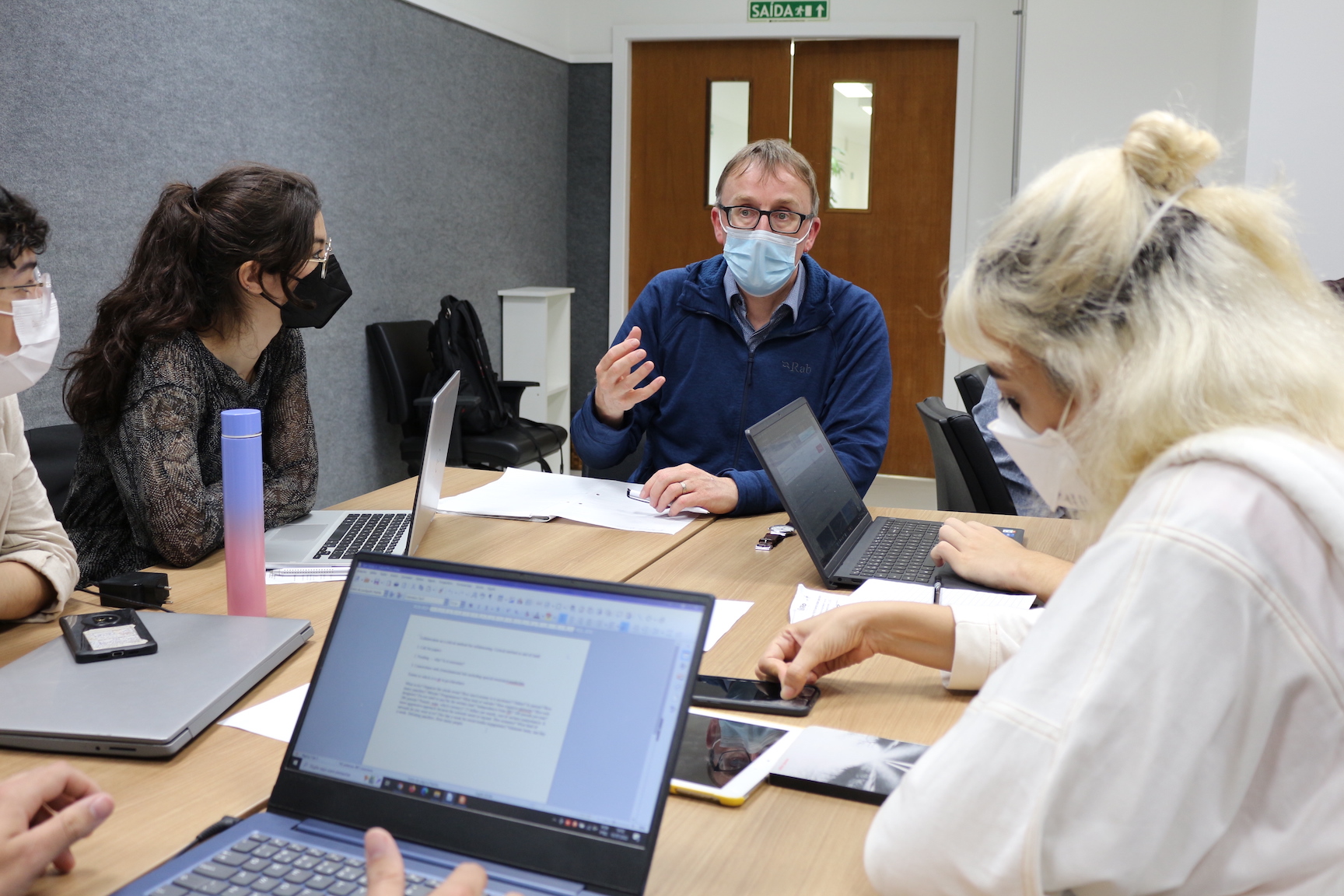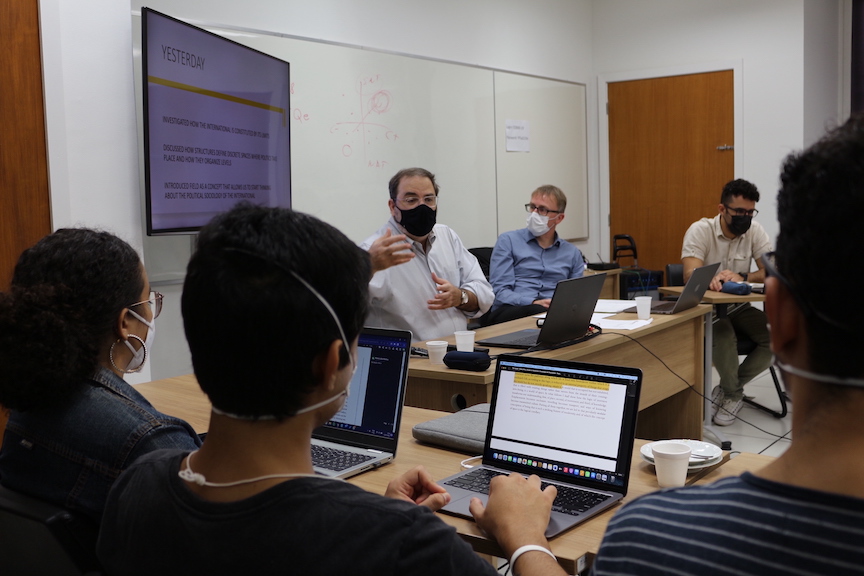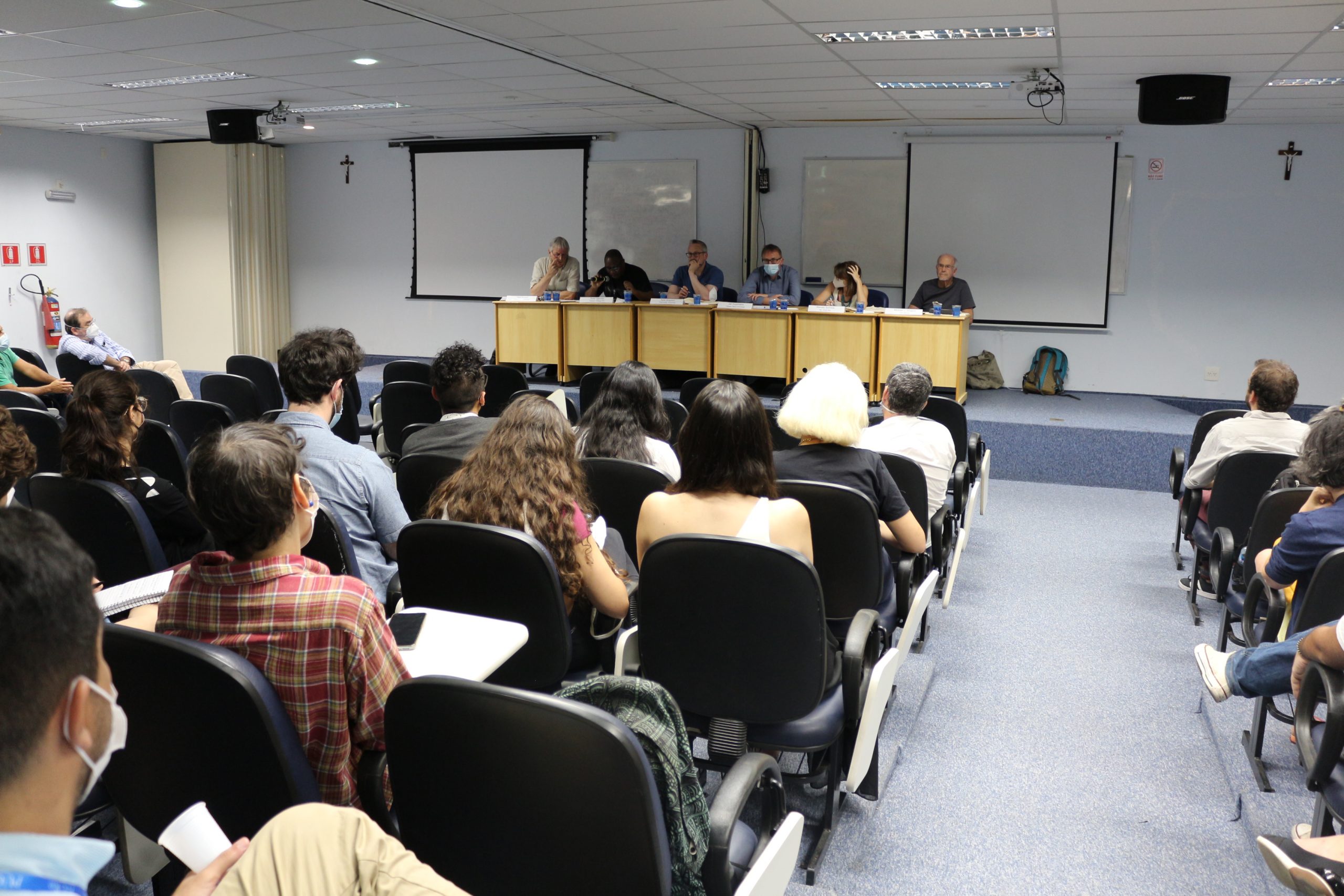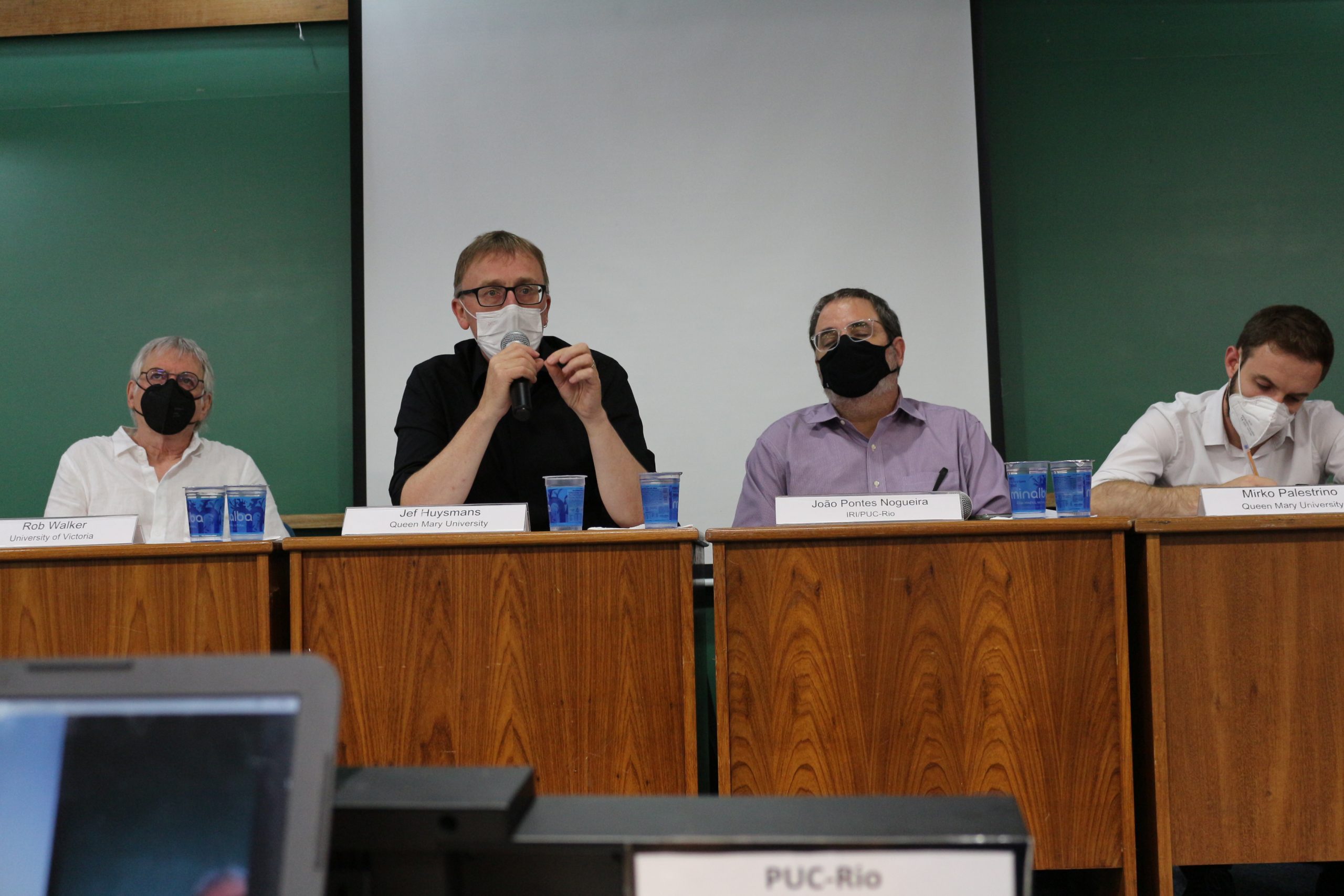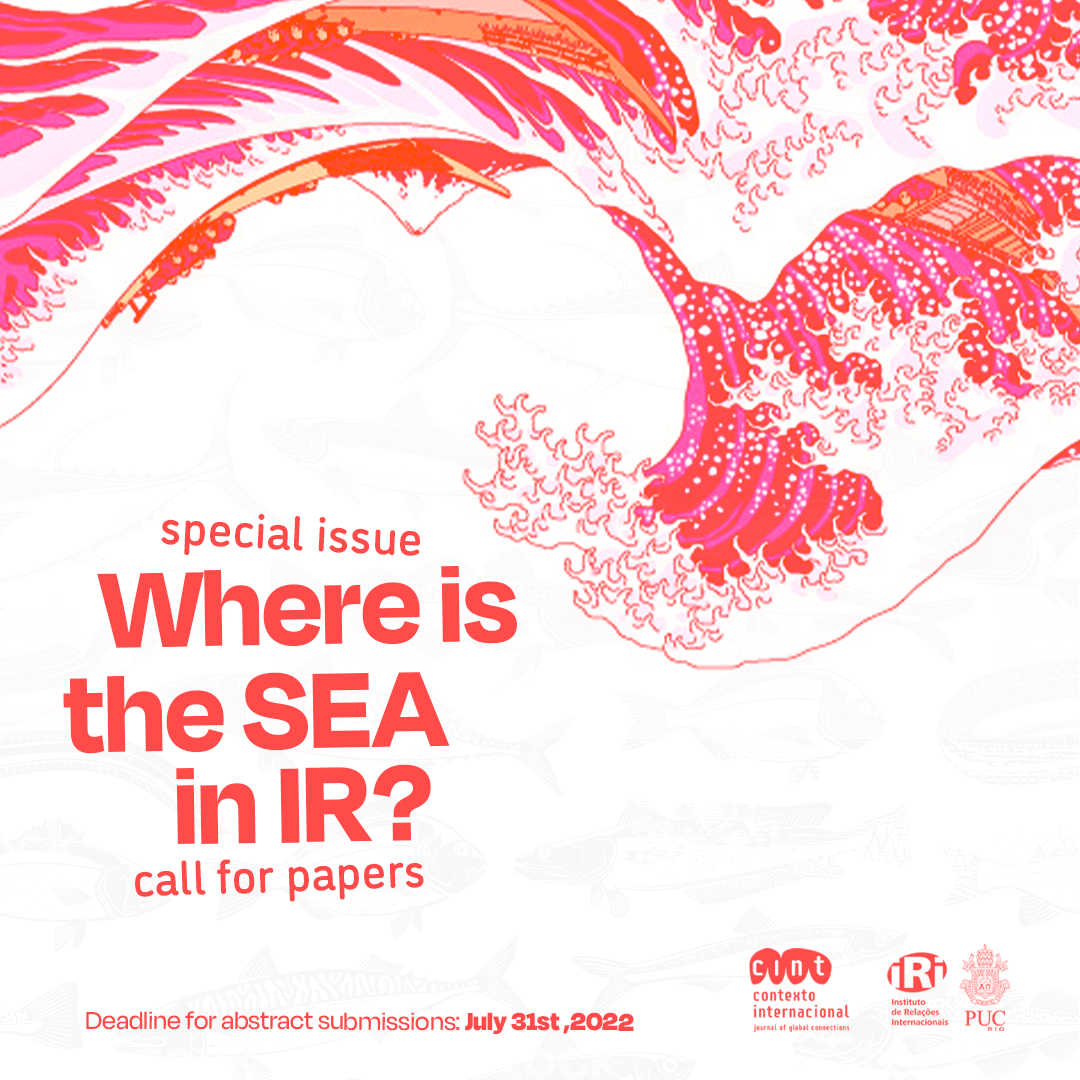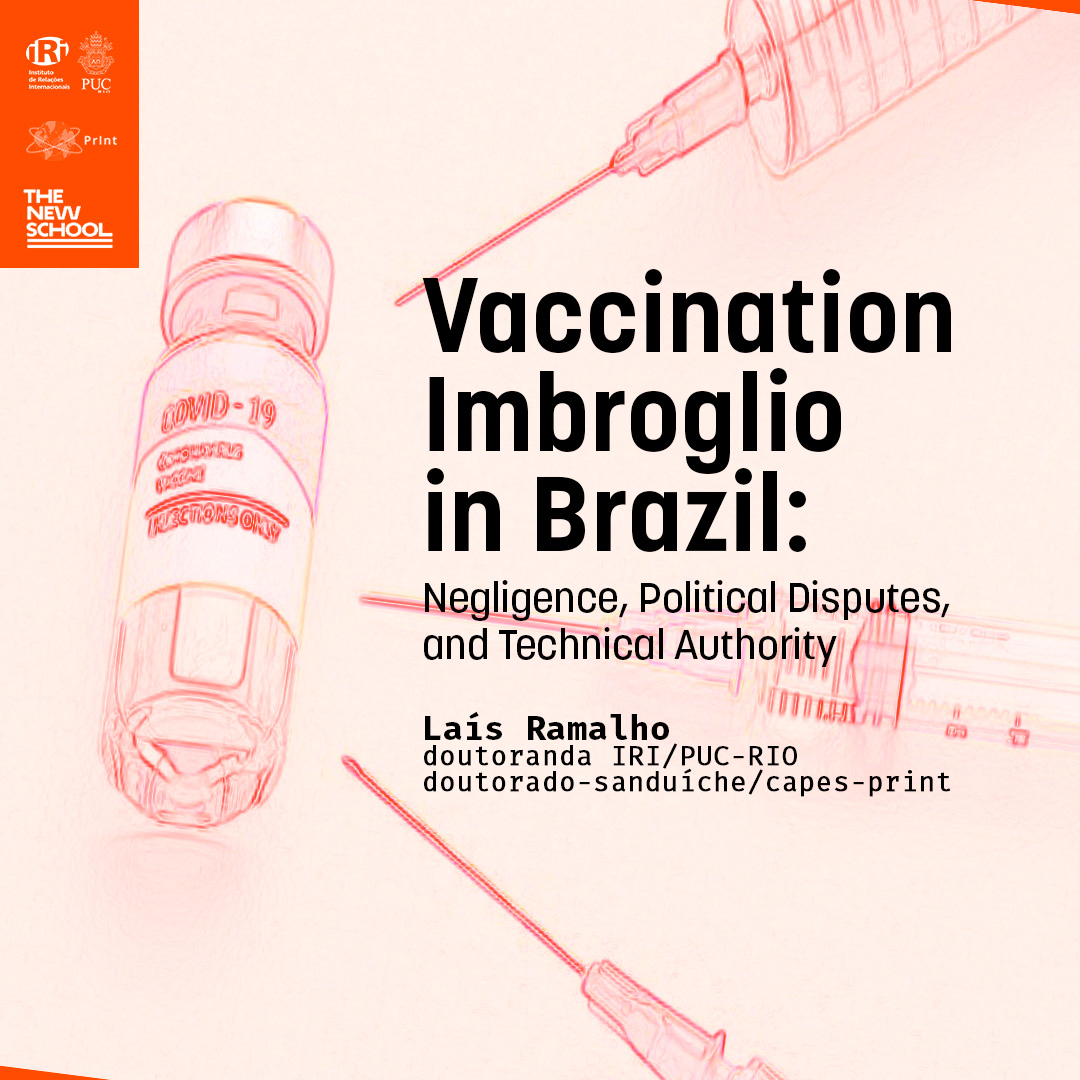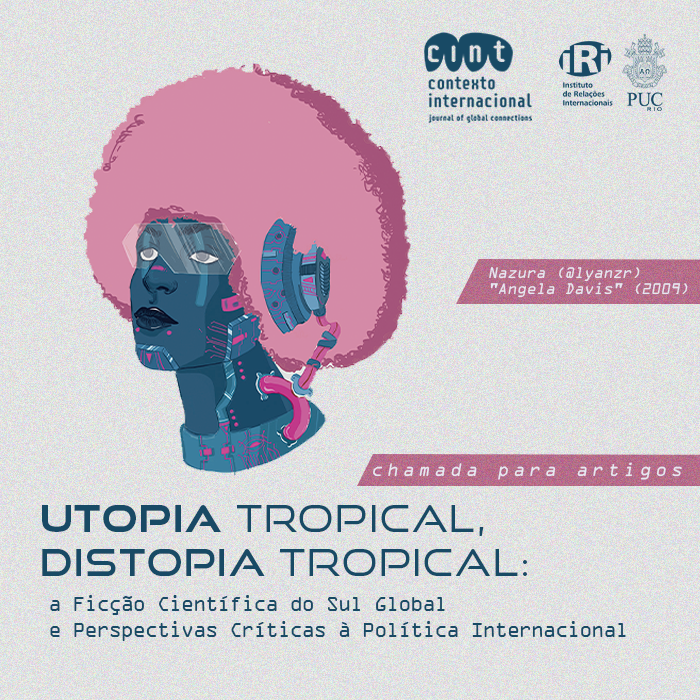Taking PUC-Rio’s Institutional Development Plan (IDP) as a reference, the Institute of International Relations (IRI) started the process of drawing up its own Institutional Development Plan (IDP), which should be completed in the second half of 2021. This Plan must be prepared based on the guidelines set out below.
The activities of IRI/PUC-Rio are guided by the ternary structure that marks the Brazilian university and affirms the inseparability of teaching, research and extension activities. The IRI is also guided by the institutional objectives defined in PUC-Rio’s IDP, among which we highlight:
– The promotion of culture as an instrument for realizing the integral vocation of the human person;
– The development of teaching and the deepening of investigation and research, to create and spread a conscious vision of the necessary unity that must govern the multiplicity of knowledge;
– The training of competent professionals, qualified to fully perform their duties, with a sense of responsibility and participation;
– Insertion in the Brazilian reality, placing science at the service of the community and guiding its activities towards building a better world; and
– Exchange and cooperation with national and foreign educational, scientific and cultural institutions, in order to lend universality to the meaning of their mission.
These institutional objectives support eight guidelines of the PUC-Rio Pedagogical Project:
- Training for the knowledge society;
- Social and environmental responsibility;
- Scientific and technological development;
- Integration of Teaching & Research;
- Training for professional life;
- Interdisciplinary training;
- Internationalization; and
- Methodological innovation.
Based on PUC-Rio’s institutional objectives and pedagogical guidelines, the International Relations Institute (IRI) has the mission of promoting excellent academic and professional training, oriented towards the generation of relevant knowledge about the transformations in the international system and its repercussions on local, national, regional and global plans.
In this way, the IRI is oriented towards:
1) Training of excellence, which links academic solidity and critical thinking, aimed at understanding the dynamics of the international system and its impacts on Brazilian society;
2) Research and production of innovative and relevant scientific knowledge on the ongoing transformations in the international system, with emphasis on understanding the role and place of Brazil and other countries of the South in this system, with a view to achieving social, economic, technological and environmental, particularly in Latin America;
3) Public impact aimed at generating positive economic and social impacts for Brazilian society related to its international insertion, in particular through the contribution to public policies at the local, national, regional and international levels.
The IRI will be relevant to the extent that its capabilities effectively contribute, from the international dimension, to economic and social development and to the confrontation of inequalities in Brazilian society and asymmetries in the international system. IRI reaffirms its commitment to theoretical-methodological plurality and to interdisciplinary debate as a way of producing innovative, socially relevant and actionable knowledge, in addition to training professionals committed to social transformation and enhancing its public impact.
Based on its excellent activities in the fields of education, research and public advocacy, the IRI must thus face significant economic and social challenges and contribute to the creation of innovative solutions. Alongside internationalization, the contribution to economic and social development, the promotion of theoretical-methodological pluralism and interdisciplinary engagement constitute transversal dimensions that qualify IRI’s activities.
In view of the above, the Strategic Plans of IRI’s Graduate Programs must be structured from a matrix perspective that combines the ternary structure of its activities with the Institute’s mission, encompassing the following dimensions: academic (promotion of theoretical-methodological pluralism and interdisciplinary engagement); contribution to economic and social development; and internationalization, as specified in the guidelines above.
March 24, 2021. General Committee of IRI/PUC-Rio.
